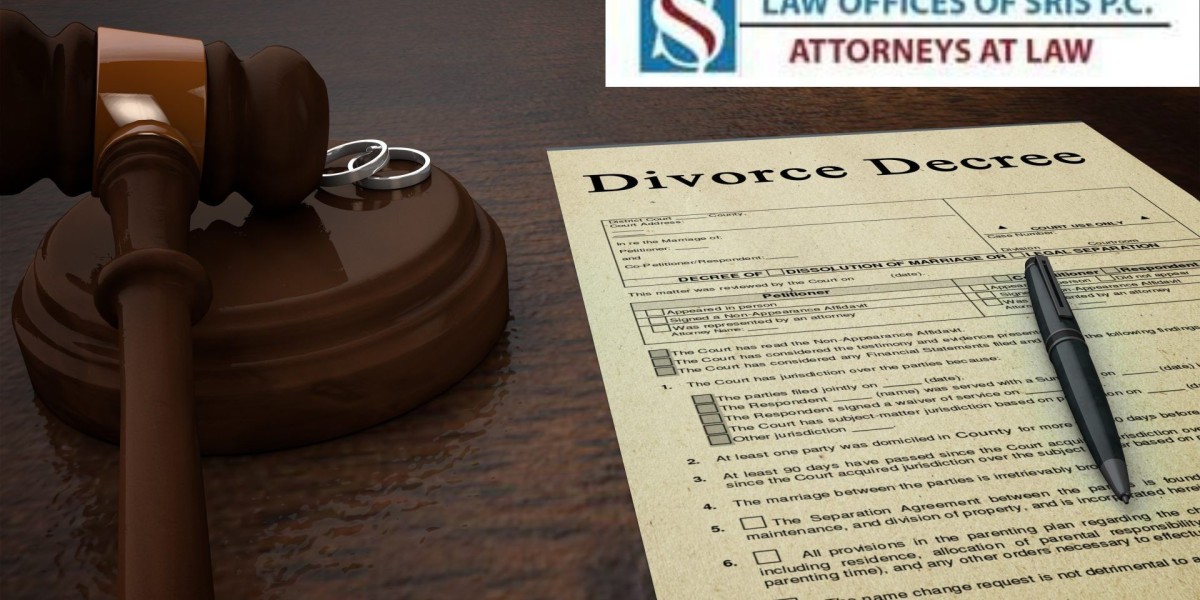If you’re working in nofault divorce cases in New York, it’s crucial to understand these key laws and regulations that define the process:
- NoFault Grounds for Divorce
Domestic Relations Law (DRL) §170(7): New York allows divorce based on the irretrievable breakdown of the marriage for at least six months.
Proof of fault is not required; either spouse can claim the marriage is irretrievably broken.
- Residency Requirements
DRL §230 requires at least one spouse to be a resident of New York at the time of filing, have lived in New York for at least two years before filing, or have been married in New York.
- Equitable Distribution of Property
DRL §236(B): New York follows equitable distribution rather than community property.
Courts consider factors such as the duration of the marriage, each spouse’s income, health, and contributions to marital property when dividing assets.
- Maintenance (Spousal Support)
DRL §236(B)(6) determines temporary and No-Fault Divorce New York maintenance, with judges adjusting awards based on age, earning capacity, and marital contributions. 2016 reforms removed tax deductions and simplified calculations.
- Child Custody and Support
The Child Support Standards Act prioritizes the child's wellbeing and stability, with payments calculated based on combined parental income, capped at $163,000 as of 2024.
- Uncontested Divorce Process
Spouses must agree on property division, spousal support, child custody, and support, and submit required documents like summons, affidavits, and settlement agreement outlining divorce terms.
- Filing Fees and Costs
In 2024, the court filing fee for divorce is $335, with waivers available for lowincome applicants.
- Prenuptial and Postnuptial Agreements
Enforceability: These agreements are upheld if they are written, signed, notarized, and entered into voluntarily without coercion or fraud.
They can dictate terms regarding property division and spousal support but cannot include child custody or support provisions.
- Disclosure of Financial Information
Both parties must complete and exchange Net Worth Statements (Form UD8) in contested cases.
Full financial transparency is required to avoid accusations of hidden assets or fraud.
After filing, there’s no mandatory waiting period; however, the process can take months depending on the complexity of the case and court backlogs.
The Judgment of Divorce must be signed by a judge to officially dissolve the marriage.
- Modifications and Enforcement
Spousal support and child custody orders can be modified postjudgment if there’s a substantial change in circumstances (e.g., job loss or relocation).
Enforcement mechanisms include wage garnishment and contempt proceedings.
- Special Considerations for LGBTQ+ Couples
LGBTQ+ couples may face unique challenges in dividing assets or determining parental rights if one partner is not a biological or legal parent of the child.
- Domestic Violence Protections
Orders of Protection can be sought in Family Court or as part of the divorce case.
A history of domestic violence can impact custody and spousal support decisions.
- Digital and Online Divorce Filing
New York courts increasingly allow online submission of uncontested divorce documents.
Familiarity with the NYSCEF (New York State Courts Electronic Filing) system can streamline the process.
- NoFault Divorce Fundamentals
NoFault Divorce, as per DRL §170(7), allows either spouse to file for divorce without proving fault, provided the marriage was irretrievably broken for at least six months. Judges focus on financial settlements and custody matters.
- Residency Requirements in Detail
Statutory Residency Rules (DRL §230):
If the grounds for divorce occurred in New York and one spouse lives there, only a oneyear residency is required.
For couples married out of state, at least two years of residency is mandatory if no other connections to New York exist.
- Equitable Distribution Nuances
Marital property includes assets acquired during marriage, while separate property exceptions include assets owned before marriage and appreciation of separate property. Landmark cases shape equitable interpretation.
- Spousal Maintenance (Alimony)
Temporary Maintenance (Pendente Lite) ensures financial stability during Note of Issue Contested Divorce New York, with statutory guidelines. Postdivorce maintenance is determined by marriage length, household contributions, and earning potential, with shorter periods for younger marriages.
- Child Custody Considerations
Custody includes legal and physical custody, with courts promoting cooperative parenting plans that address holidays, school schedules, and conflict resolution methods.
- Child Support Calculations
Income Cap Updates:
As of 2024, the combined parental income cap is $163,000, but courts can consider income above the cap if circumstances warrant.
Deductions: Certain expenses like child care and extraordinary medical costs are factored into the final amount.
NonMonetary Contributions:
Judges may consider unpaid caregiving or homemaking contributions when determining support obligations.



